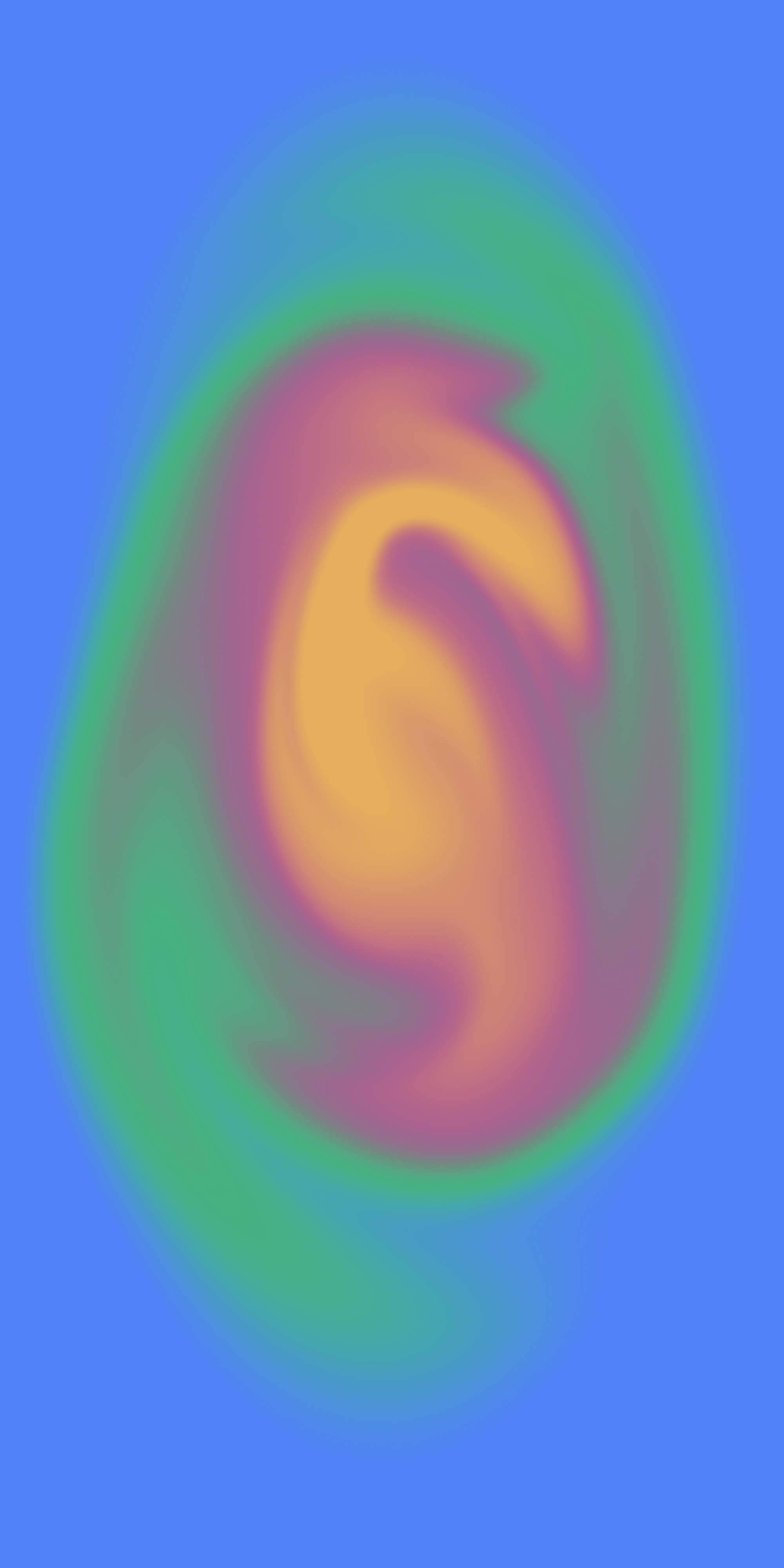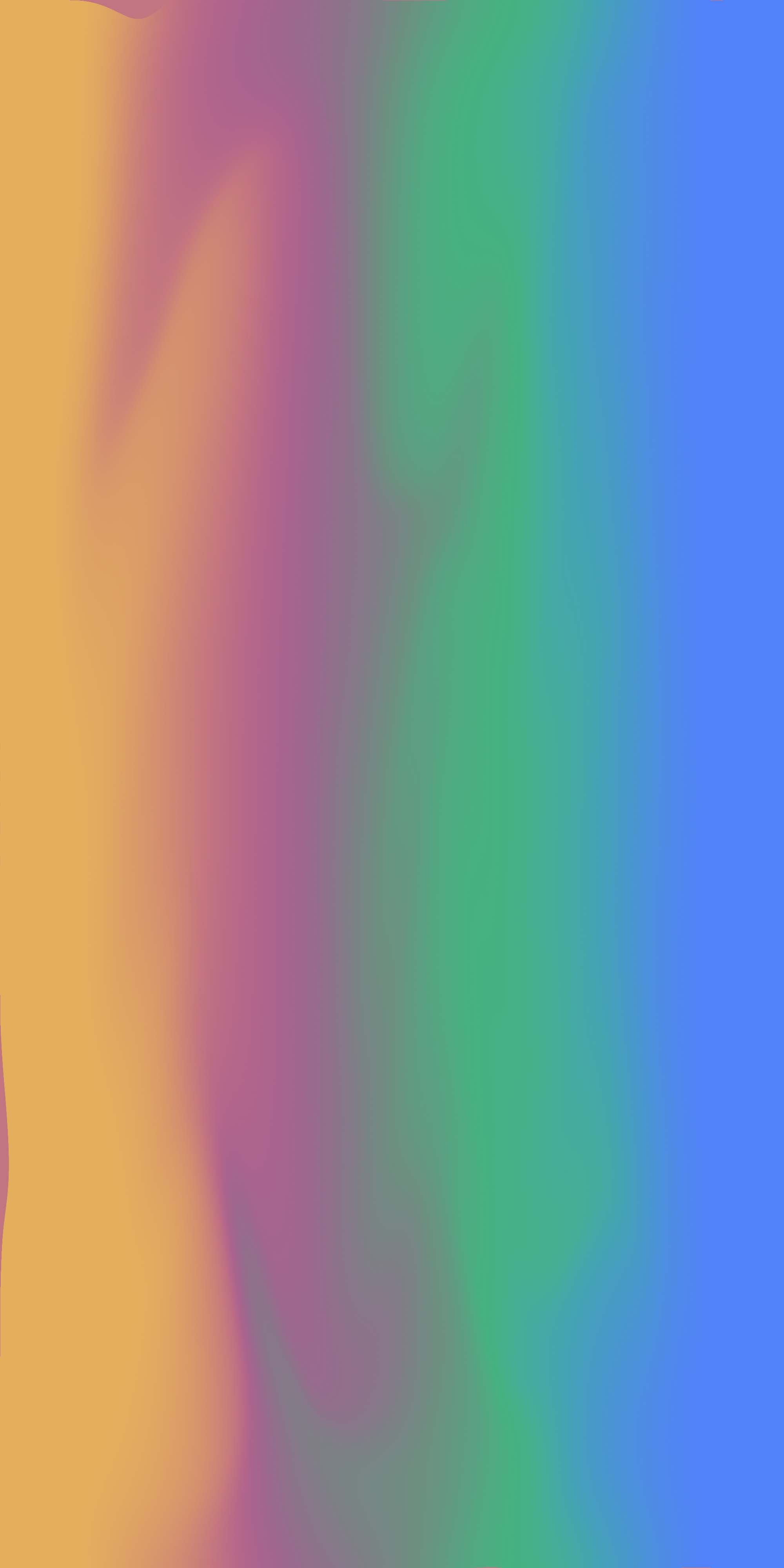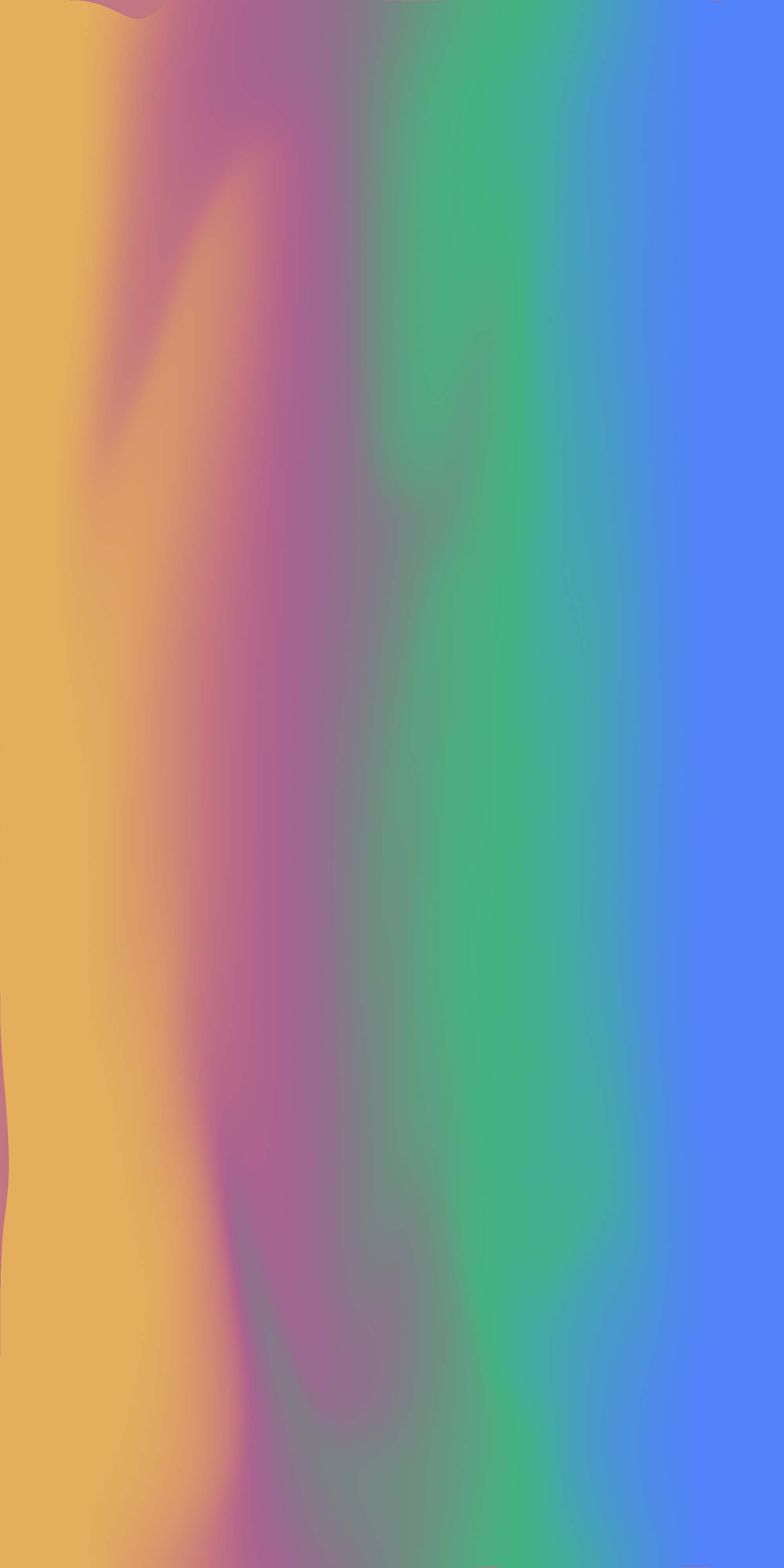The Seed Box was an interdisciplinary and international Environmental Humanities research program funded by Mistra (The Swedish Foundation for Strategic Environmental Research) and Formas (The Swedish Research Council for Environment, Agricultural Sciences, and Spatial Planning). The long-term goal of the program was to establish a research hub and humanities lab at Linköping University. Focused on research, education, and artistic practices that address pressing environmental challenges, this program brought together practitioners from different fields and created an interface between academia and other parts of society.
The Seed Box began from the premise that nature cannot be understood as separate from culture. As part of nature, humans have created waste zones, biodiversity loss, and changes in our climate through fossil fuels emissions. In return, humans grapple with the effects of such changes in the form of migration, diseases, allergies, food scarcities, changes to labour markets and economic contexts, and other pressing social issues. In this new era—which many have named the Anthropocene, the Age of Humans—the environment is in us, and we are fully in the environment.
In order to meet these challenges, the knowledge and capacities of the arts, humanities and the social sciences are necessary. Alongside the bio-geo-chemical aspects planetary transformations offered by the natural sciences, we require deeper insights into how these transformations affect society, culture, and everyday life. Instead of viewing the changes at a distance, the arts, humanities and social sciences offer a historically resonant, conceptually complex, and sensually rich description of the experience of environmental degradation and climate change as something that we are part of and always entangled in. By creating new imaginaries and narratives, the gap between different fields of knowledge as well as the gaps between science, ethics, and politics can be bridged.
In response, The Seed Box offered an interdisciplinary humanities approach. Our ambition was to:
Analyse our own human implication within changing ecologies, while also deepening our understanding of radically different human experiences and responsibilities within environmental change
Challenge dominant environmental narratives using critical approaches that centre feminist and social justice perspectives
Foster dialogue between diverse approaches to environmental research







